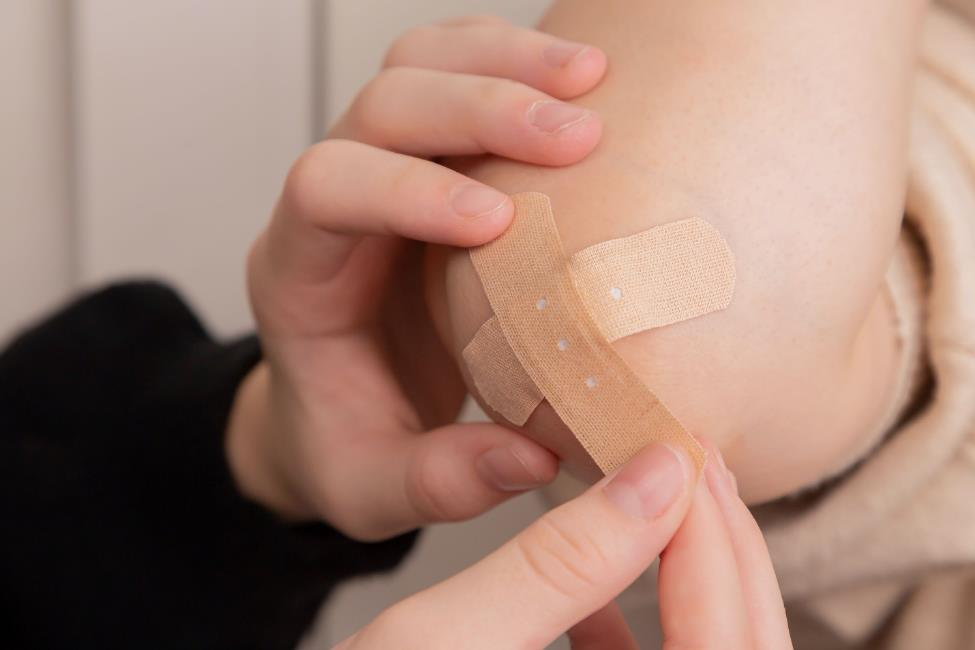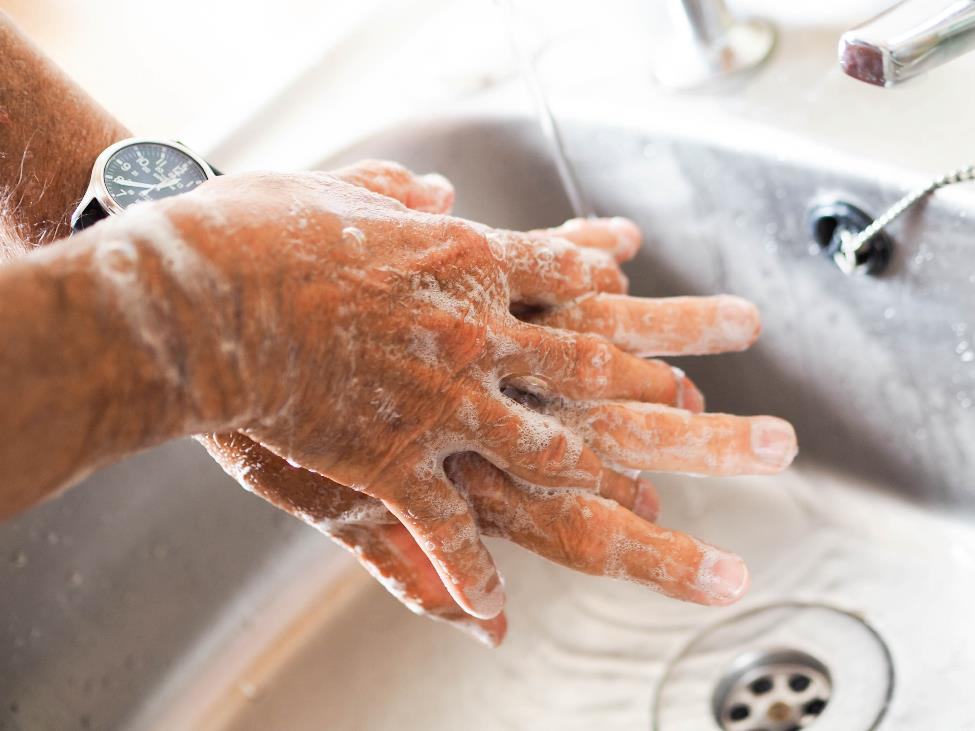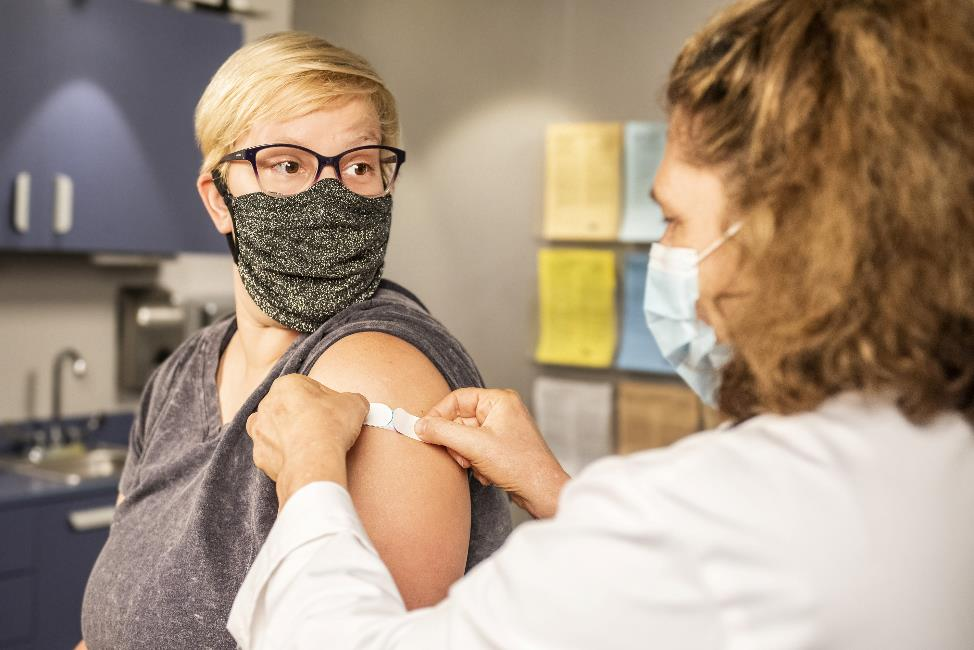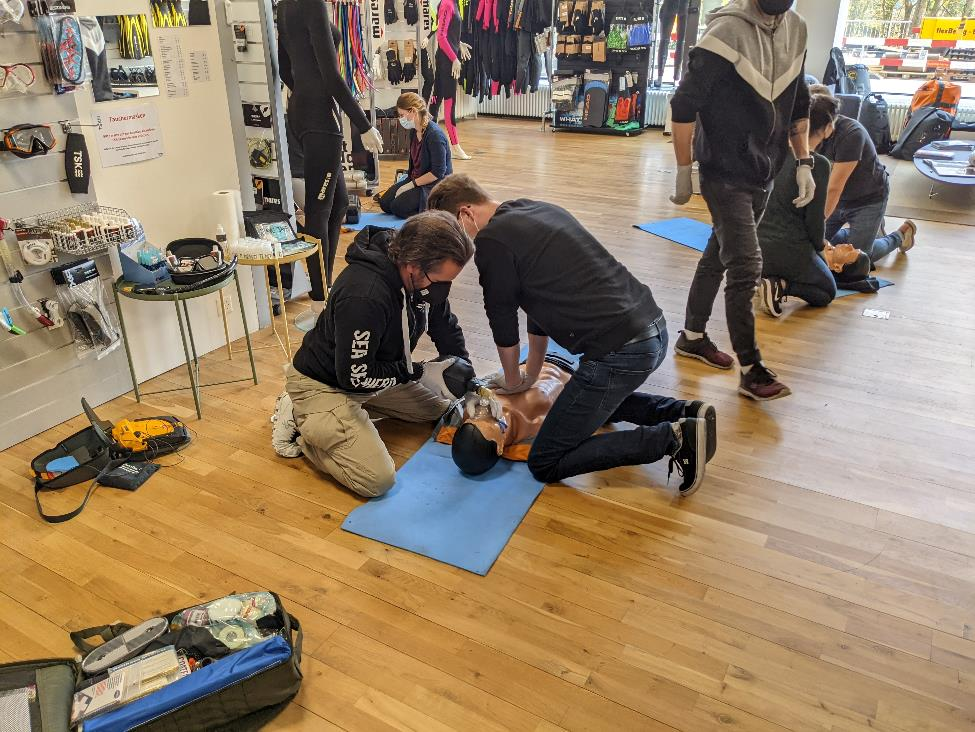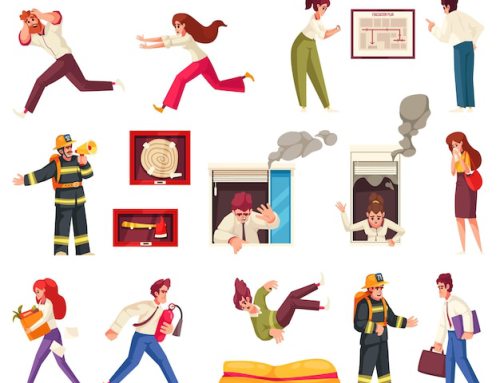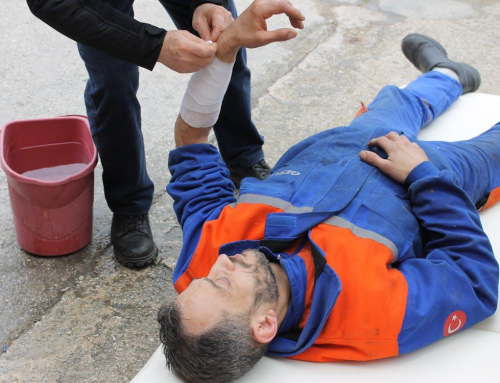Minor wounds can occur anytime and anywhere, sometimes without us even realizing it. But just because minor wounds do not pose severe health risks, at least not immediately, doesn’t mean they don’t deserve any medical attention. Since the risk of minor wounds at work is higher than at home, staying prepared to treat them can significantly help.
If you or a colleague of yours experience an injury that results in minor wounds at work, here are some step-by-step measures that can help:
Wash/Sanitize Hands
The person treating the wound, i.e., you, must wash their hands before getting to treat a wound. Our hands contain over 3000 germs at any given time, except when we have just washed or sanitized them. These germs can cause various health issues, especially in direct contact with an open wound. Direct contact with germs in the blood can lead to several severe infections, proving even worse than the wound.
Hence, washing hands is the first step in treating minor wounds at work that cannot be missed at any cost. If there is no access to clean water and antibacterial soap, such as on a field or when the bathrooms are located far away, sanitizing the hands becomes the best and essential step.
Stop the Bleeding
Minor wounds don’t bleed too much. However, if the bleeding doesn’t seem to stop on its own, applying pressure with a clean cloth or bandage help. The pressure on the wound must be gentle so as not to induce pain and discomfort in the wound. Pressure on open flesh, if increased than gentle, can also lead to deep skin infections and turn the minor wound major.
Wounds experienced due to falls can be difficult to notice, especially if suffered on the head. But fall protection inspection training and fall protection courses can train you in identifying and treating them effectively.
Clean the Wound
Once the bleeding stops, cleaning the wound is necessary to prevent the spread of infection from the wounded person. Rinsing a minor wound with water is usually enough. Ensure that the water is neither hot nor cold.
Do not use soap, iodine, or hydrogen peroxide on the wound. However, soap can be used to wash off the bleeding around the wound. But cleaning the wound is soap requires utmost attention as soap can prove harmful. Soaps are manufactured for external usage only, meaning they contain many chemicals that don’t belong inside the human body. Thus, applying soap to the wound can result in irritation and infection.
Alcohol swabs can be used to gently clean the surface of the wound. If the wound contains any debris, remove it with sanitized tweezers.
Apply an Antibiotic Ointment
An open wound is an unwanted portal in the body that allows germs to invade and escape the body’s water content. Therefore, applying an antibiotic ointment on the wound is important to close this gateway.
If an antibiotic ointment is not available, petroleum jelly can be used. Applying petroleum jelly or antibiotic ointment also helps moisten the wound, preventing scarring.
Cover the Wound
Covering the wound further helps protect the wound from germs. Antibiotic ointment or petroleum jelly can be absorbed into the skin or wiped against clothes. Applying a gauze or bandage over the wound prevents that and ensures quick healing. It also keeps the wound clean.
Change/Remove Dressing
If the minor wound at work is only a scratch or scrape, the bandage can be removed within a couple of hours. On the other hand, changing the dressing at least once a day is essential if the wound is deeper. Changing the dressing every time it gets dirty also promotes quicker wound healing.
Get a Tetanus Shot
A tetanus vaccination helps in maintaining the body’s immunity big time. The person who suffered the minor wound at work must get a tetanus shot if they haven’t gotten one in the past five years.
When Does a Minor Wound Require a Visit to the Hospital?
A minor wound at work requires an immediate visit to the hospital’s emergency department if the bleeding doesn’t stop, the debris cannot be cleaned with water or tweezers, or the antibiotic ointment causes a skin rash. A visit to the hospital is also essential if the wound continues to hurt, becomes red, swollen, or warm, drains feel numb, the skin around the wound becomes infected, or the person suffering from the wound develops a fever.
If the wound is on the face, is an open gape through which muscle and fat are visible, or is from a human or animal bite, it is best to call emergency help while providing first-aid care.
How to Know if a Minor Wound is Healing?
Minor wounds at work usually heal in a few days. The development of a scab is a sure sign of a healing wound. While the scab can itch, picking or scratching it can infect the wound or reverse its healing process in other ways. Scab falls off on its own once the wound is completely healed.
How to Prevent Minor Wounds at Work?
Unfortunately, minor wounds at work occur due to accidents and cannot be effectively prevented. Though being extra cautious at all times can help to an extent, accidents can occur at any time, especially when the focus is on work.
A workplace is usually a safe place. If any sharp objects or other things can harm the workers, bringing them to the workplace administration’s attention can remove them. The best you can do to prevent minor wounds at work is to prevent them from getting worse by following the step-by-step process of caring for them and getting trained in first-aid and emergency care.
Get Trained in First-Aid and Emergency Care
First aid and emergency training can significantly help you keep yourself and everyone around you safer. Whether it is your family members at home or colleagues suffering from minor wounds at work, you can ensure quicker healing for anyone by getting trained in OFA 1 training, OFA 2 training, part-time OFA 3, evening OFA 3, fall protection training, and confined spaces training with Metro Safety.
At Metro Safety, we prepare you to stay calm and collected during emergencies, devising the correct course of action, and providing the best first-aid care to yourself, your family members, friends, colleagues, and even strangers who might need your help. Click here to register for first aid training Vancouver, fall arrest training BC, or OFA level 1 Vancouver today.


